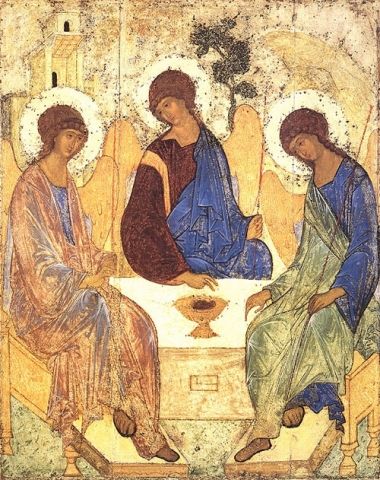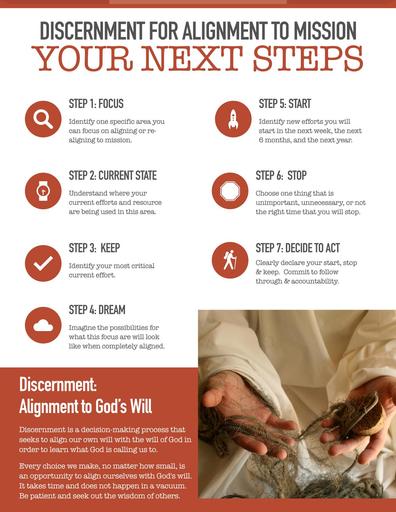The Theology of the Body was the topic of 129 talks given by Saint John Paul II during his Wednesday addresses between September 1979 and November 1984.
The word theology comes from the Greek root words theos (God) and logia (word). Theology, then is literally a “word about God.” St. John Paul II’s Theology of the Body, then, can be described as a word about God and the body.
An Adequate Anthropology
St. John Paul II said that in developing these addresses he was trying to provide people with an “adequate anthropology.” What does that mean?
The Theology of the Body came out of St. John Paul II’s extensive study of humanity and philosophy. He witnessed and experienced the horrors of Nazi communism first hand in Poland during World War II. He studied philosophy extensively found that modern philosophical thought missing something. The world was losing an appreciation for the interconnectedness between God and man, the world and the Divine, the body and the soul.
The meaning of human life, the definition of healthy relationships, and authentic Christian identity were being lost amid a culture that valued physical comfort and power. When Pope John Paul II said he wanted to provide people “adequate anthropology” he meant he wanted to present good answers to those questions.
“The Physical Makes Visible the Invisible.”
 Nuts & Bolts
Nuts & Bolts
At its core, the Theology of the Body helps us to answer two major questions:
- Who is God?
- Who Am I?
St. John Paul II examines the creation of man and woman in Genesis, Jesus’ words in the Gospels, and other Scripture texts to help answer these big questions. The answers to those questions in the Theology of the Body then provide us a lens through which we can view all other aspects of our lives: our relationships, our worship, our morality, even our culture.
Guiding Points
When answering those two questions, St. John Paul II reminds us:
- God created humanity in His image (Gen 1:26)
- God created humanity male and female (Gen 1:26).
- God created humanity with body and soul (Gen 2:7).
- God saw that humanity—male and female, body and soul—was “very good” (Gen 1:31).
As he examines and explains the Scripture texts, St. John Paul II helps us to see how God reveals Himself to us through the physical world—including and especially through our bodies.
More than “Catholic Sex”
If you have any familiarity with the Theology of the Body at all, it is most likely through Catholic sexual morality. Natural Family Planning advocates, marriage preparation programs, and chastity speakers were among the first to embrace this profound and rich teaching. It’s true that the Theology of the Body addresses sexual morality issues like pre and extra marital sex, contraception, the definition of marriage, masturbation, and pornography.
“The Glory of God is man fully alive.”
It’s also true that the Theology of the Body is about so much more than sex. Today, more and more Catholic theologians, teachers, speakers, and writers are embracing the many different applications of St. John Paul II’s “adequate anthropology.”
For Your Life
The Theology of the Body covers a vast amount of scripture and doctrine. It has the reputation of being something that explains the marital sexual relationship, and it does that very well; however, there are applications of the Theology of the Body that touch on every aspect of your life including:
Moral Life
- Pornography
- Embryonic Stem Cell Research
- Medical Ethics
- Right Relationships
Church Life
- Male Priesthood
- Celibacy
- Rituals & Sacraments
- Prayer
- The Value of Suffering
Work Life
- The Dignity of Work
- Workplace Ethics
- Boredom at Work
- Working at Home
Home Life
- Eating and Preparing Food
- Digitalization of Leisure
- Exercise
- Modest Dress
- Parenting
Love Life
- Manners
- Chivalry
- Divorce
- Same Sex Marriage
- Contraception
Cultural Life
- Art
- Music
- Beauty & Fashion
- Technology
Nothing New
One of the beautiful things about the Theology of the Body is that it’s as old as creation itself.
“What is new is the delivery system — the language, structure and approach that gets the Church’s sacramental worldview into the minds of men and women raised in a sexually crazed and morally confused world. Which is why that delivery system is meant to be studied by accountants, lawyers and the guys working the line at the Subaru plant in Lafayette, Ind. It’s theology for everyone who needs its. And we all need it."
Emily Stimpson, author


